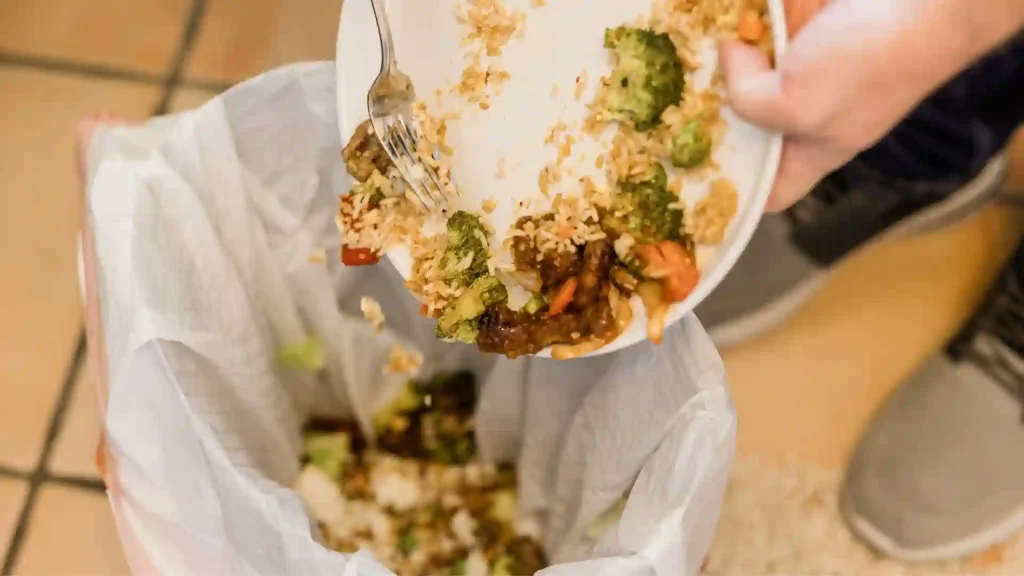The third International Day of Awareness of Food loss and waste was organized by the Food and Agriculture Organization of the United Nations (FAO) and the UN Environment Programme. The event was marked on the 29th of September by necessitating actions to mitigate the effect of this crisis on food security in the region by a call to action at a global virtual event in Rome.
The press release from the FAO stated that tackling the affliction of food loss and waste signifies a three-fold-win confluence for the climate, food security, as well as for the sustainability of our agrifood systems and cannot be prolonged at a time of soaring global hunger and surging food prices.
The gathering transpired at a significant moment: The growing impact of the climate crisis, the prolonged COVID-19 pandemic, and the war in Ukraine have all added to a weakening in global food security and nutrition.
According to FAO’s latest information on the State of Food Security and Nutrition in the World (SOFI), the number of people impacted by hunger soared to as considerably as 828 million in 2021, an upsurge of about forty-six million since 2020, and 150 million ever since 2019. A projected 3.1 billion population does not have access to wholesome nutrition.
FAO on the State of Food Security and Nutrition in the World (SOFI)
According to FAO’s State of Food and Agriculture (2019) information, about 14 percent of the world’s food (valued at USD 400 billion each year) remains to be lost after it is harvested and earlier than it reaches the stores, even as UNEP’s Food Waste Index Report indicates that an additional 17 percent of their food ends up being wasted by consumers, particularly in households and in retail. According to FAO valuations, the food that is lost and wasted could feed 1.26 billion hungry people each year.
Food loss and waste (FLW) also account for 8-10 percent of global greenhouse gas emissions (GHGs), adding to an unbalanced climate and intense weather incidents such as flooding and droughts. These changes adversely impact crop yields, theoretically decrease the nutritional condition of crops, and produce supply chain disruptions.
Focusing on the reduction of food loss and waste is therefore vital for the transition to sustainable agri-food systems that enhance the efficient use of natural resources, minimize their impact on the planet and ensure food security and nutrition.
FAO Director-General QU Dongyu said that the people would need collective action to scale up efforts to reduce food loss and waste whilst lowering greenhouse gas emissions. Individuals should therefore continue to work together in an efficient, effective, and coherent manner to raise awareness for and to stop food loss and waste.
Necessitate action
The event in Rome saw acceptance from Pope Francis and UN Deputy Secretary-General Amina J. Mohammed and the chair of the United Nations, as well as a keynote speech from Danish Agriculture Minister Rasmus Prehn.
Specialists from across the globe participated in a panel discussion entitled creating climate benefits for people and the planet through food deficit and waste reduction.
The event made a clear call to action for public and private entities from across the agrifood system to act now to measure and reduce FLW and shift consumer behavior to immediately cut food waste.
This necessitates the development and implementation of national partnerships policies, strategies, and designed to accelerate action to reduce food loss and waste. Participants at all stages also have a crucial responsibility to perform. These include the farming community, artists down the food supply chain, research, and the academic world, as well as every single individual as a consumer, Qu said.
People on average waste about seventy-four kilograms of food each year, in middle-income countries as well as in high-income countries, said Inger Andersen, UNEP Executive Director. Reducing food waste and cutting food loss is a significant part of efforts to focus on the critical climate and food crises.
Food is certainly not wasted. By employing globular procedures, for instance, wasted food can be converted to compost or used to produce biogas, thereby avoiding harmful methane emissions.
New pledge
The 2030 Agenda for Sustainable Development calls for the halving of per-capita global food waste at the retail and consumer levels and the reduction of food losses along production and supply chains, including post-harvest losses (SDG target 12.3). Accomplishing this objective would have significant implications for the battle in opposition to climate change.
Ahead of the impending 2022 United Nations Climate Change Conference (COP27), members of the Food are Never Waste Coalition, designed to drive onward the agenda of the Food Systems Summit 2021, established a Global Food Loss and waste pledge calling on businesses, governments, and institutions to make voluntary commitments to lessen FLW to accelerate progress towards meeting the Sustainable Development Goals (SDG).
UN Deputy Secretary-General Amina J. Mohammed said that with only eight years left to achieve the SDG 12.3 objective of reducing food waste by 2030 and lowering food shortfalls by at least 25 percent, the pace of action must improve.
